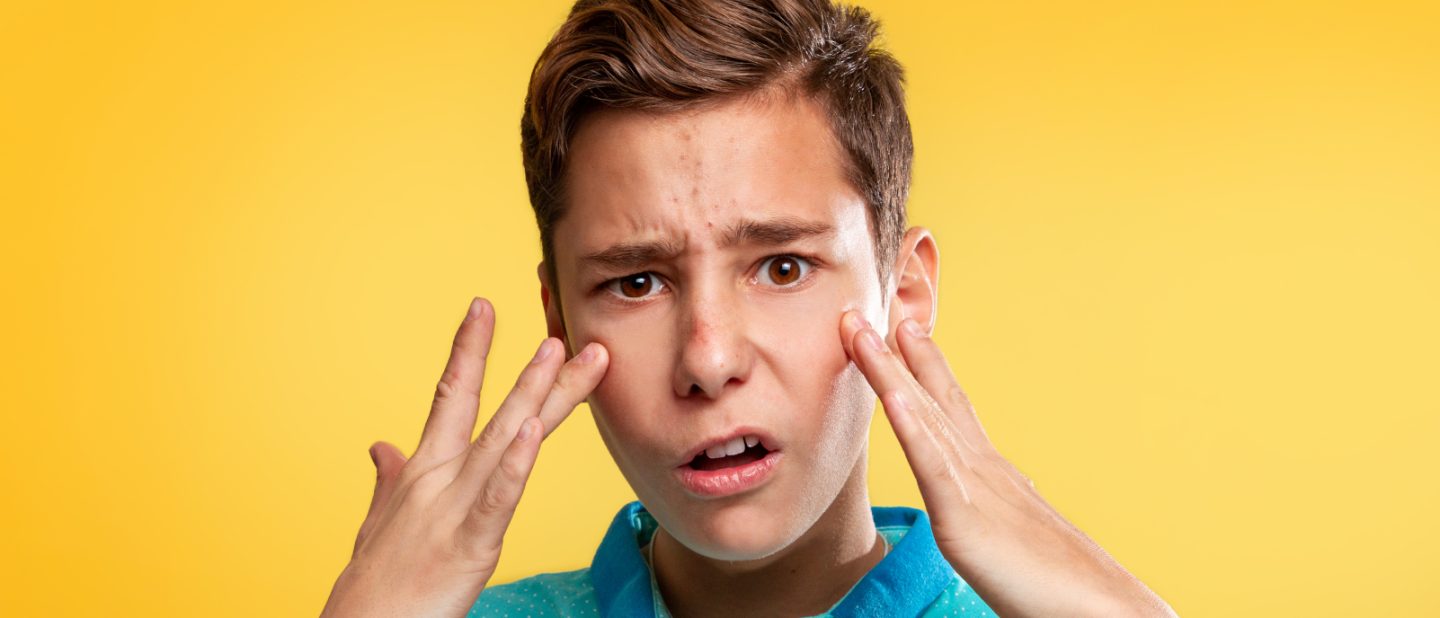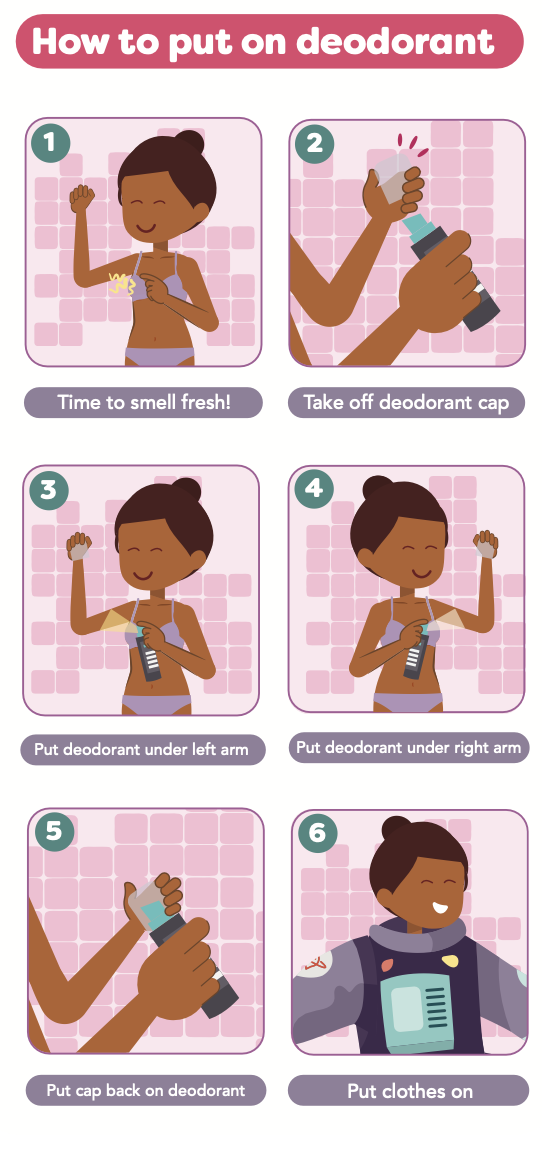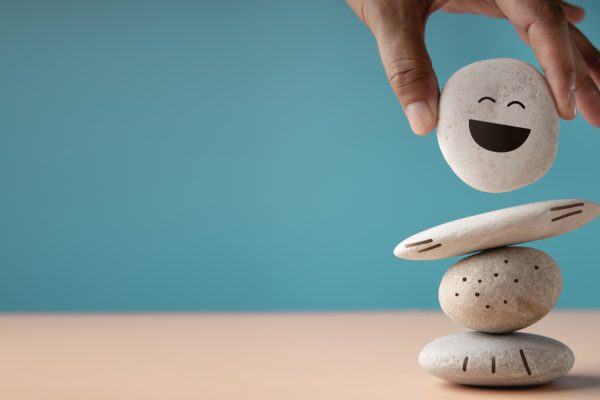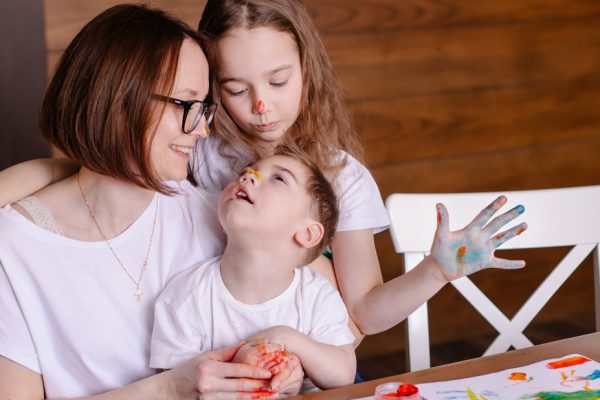
Navigating the changes of puberty: A guide for teens and parents
Puberty isn’t just about hormones, moody teens and rollercoaster rides of emotions (although there is a lot of that!). It can also be a time of growth as you share information with your child and both navigate this new chapter of life, together.
Planet Puberty has great insights for parents and carers of autistic young people and those with intellectual disability, helping them navigate the changes to their child’s bodies, emotions and social interactions. They offer information at beginner, intermediate and advanced levels, so you can find the level of information that is right for your family. Five key topic areas are covered: the body, relationships, identity, feeling good and keeping safe.
If you haven’t started talking to your child or teen about puberty yet, that’s OK – it’s never too late to start!
WHAT HAPPENS IN PUBERTY?
There are lots of changes that will happen to your child when they go through puberty. These are:
- Body changes
- Emotional changes
- Social changes
EMOTIONAL CHANGES
With puberty comes the release of extra hormones which brings about emotional changes for both girls and boys. Emotions might change quickly.
Young people might:
- Feel misunderstood
- Argue with family members, teachers or friends
- Want to spend time by themselves
- Feel angry, sad or lonely
SOCIAL CHANGES
- Social changes include changing expectations and relationships. These include:
- Your child’s growing independence (Independence means doing things by yourself)
- Social changes and learning new skills.
- Talking about changing relationships with your child
- Ways to help your child prepare for social changes at puberty
BODY CHANGES
These can start as young as eight and continue through the teen years.
Girls:
• Pubic hair
• Growth spurt
• Underarm and body hair
• Hip and breast development
• Vulva, vagina and uterus grow and develop
• Vaginal discharge
• Periods
• Ovaries begin releasing eggs
• Muscle development
• Pimples
• Body odour
Boys:
• Pubic hair
• Growth spurt
• Underarm and body hair
• Penis and testicles grow and develop
• More frequent erections
• Sperm production
• Wet dreams
• Shoulders broaden and muscles develop
• Facial hair
• Pimples
• Body odour
YOUR CHILD’S GROWING INDEPENDENCE
As your child grows up, they may want:
• More privacy. For example, when speaking to their friends or getting changed
• More time with friends and less time with family
• A boyfriend or girlfriend
• More independence
These are all normal things that many children want as they grow older. Some of the things your child wants may not happen straight away.
This might be because:
- They are too young
- Their support needs make it hard
- It is out of your control, like finding a boyfriend or girlfriend
This is OK.
Talk to your child about how you can help them learn new skills to meet these goals as they get older. For example, you cannot promise your child that they will find a friend, but you can make a plan to help your child make new friends.
SOCIAL GOALS AND LEARNING NEW SKILLS


Some of the skills that can make it easier for your child to make new relationships and be more independent are:
• Good hygiene
• Independent living skills
• Conversation skills
Some children do not like learning these skills. You can use their goals to encourage them.
For example, if your child wants a boyfriend/girlfriend, you can use this goal to encourage them to improve their hygiene and conversation skills.
Learning these skills will also help your child to:
• Keep their body healthy.
• Make healthy relationships in the future.
• Be more independent.
TEACHING YOUR CHILD ABOUT SOCIAL CHANGES
Think about your own values and experiences
When supporting your child to learn about the social changes that happen during puberty it is important to think about:
- Your personal, cultural and religious values
- What you want life to look like for your child in the future
- What you want them to be able to do
- What you want their relationships to look like
This will help you to answer your child’s questions about social changes at puberty. It will help you to support them to learn new skills to meet their new social goals.
Support your child to be more independent
Independence is different for every child. Think about the skills that your child has now, and how you can support them to build those skills.
For example, if your child needs help putting on clothes, they could choose the outfit they want to wear. You could start by asking them to pick between two different outfits.
Or if your child wants to make new friends but they find it hard talking to strangers, they could practice ordering food at the takeaway shop.
Head to Planet Puberty: planetpuberty.org.au to access everything Planet Puberty has to offer!






